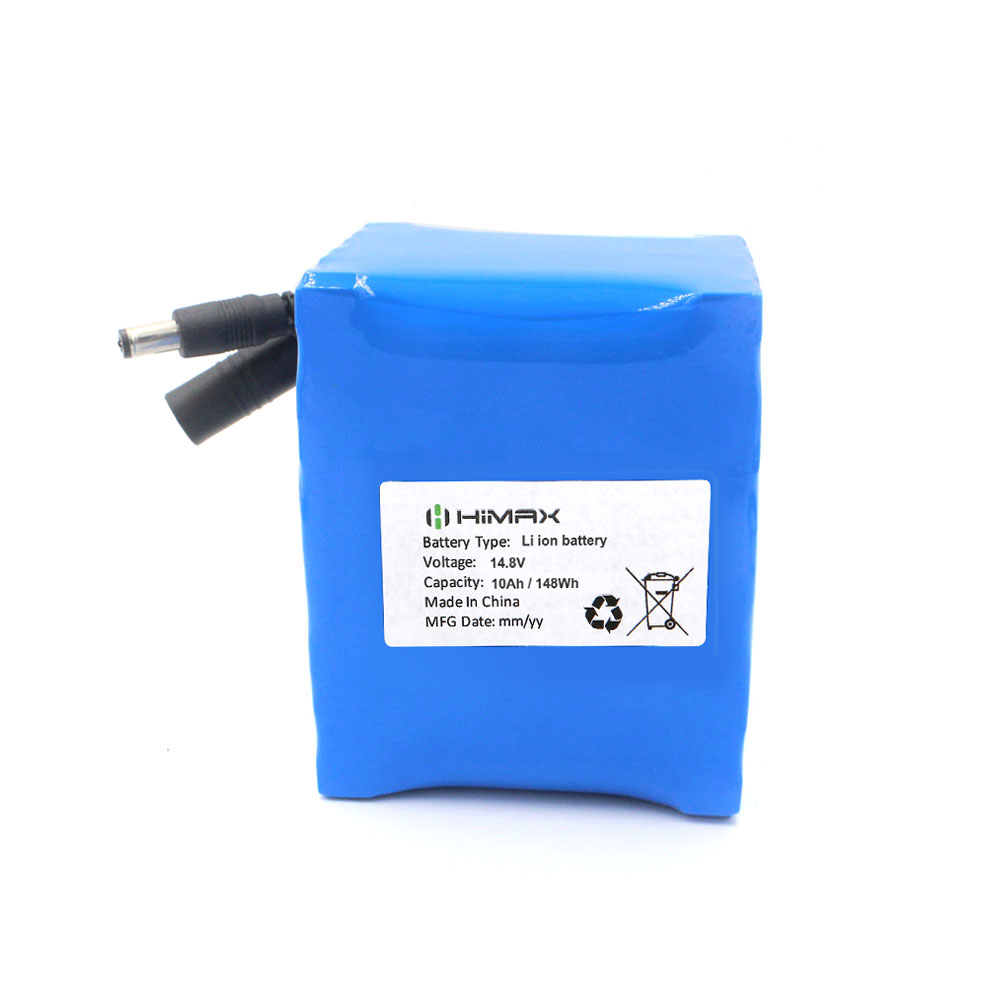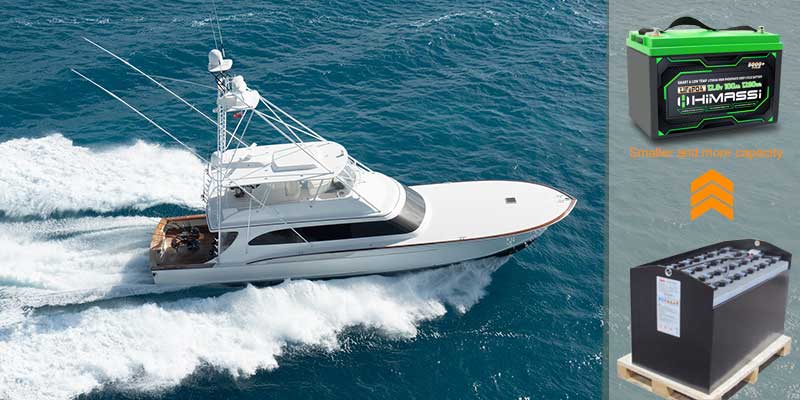Understanding Marine Battery Technologies: From Lead-Acid to Lithium-Ion
Are you in the market for a marine battery but feeling overwhelmed by the plethora of options available? Fear not, for I’m here to shed light on the various marine battery technologies to help you make an informed decision. From traditional lead-acid batteries to advanced lithium-ion ones, let’s delve into the world of marine battery technologies.
Lead-Acid Batteries
Lead-acid batteries have long been the go-to choice for marine applications due to their reliability and affordability. They come in two main variants: flooded lead-acid batteries and sealed lead-acid batteries.
Pros
Cost-effective: Lead-acid batteries are relatively inexpensive compared to other options.
Wide availability: These batteries are readily available in various sizes and configurations.
Robust: They can withstand overcharging and deep discharges without significant damage.
Cons
Maintenance-intensive: Flooded lead-acid batteries require regular maintenance, including checking water levels and cleaning terminals.
Limited lifespan: These batteries typically have a shorter lifespan compared to newer technologies.
Susceptible to vibration damage: The plates inside lead-acid batteries can degrade over time due to vibration.
Lead-acid batteries are well-suited for starting applications and providing power to onboard electronics on smaller boats where cost-effectiveness is a priority.
AGM (Absorbent Glass Mat) Batteries
AGM batteries are a type of sealed lead-acid battery that utilizes absorbent glass mats to hold the electrolyte solution. This construction offers several advantages over traditional flooded lead-acid batteries.
Pros
Maintenance-free: AGM batteries are sealed and do not require regular maintenance.
Vibration-resistant: The internal construction of AGM batteries makes them more resistant to vibration damage.
Faster charging: AGM batteries can accept higher charging currents, allowing for faster charging times.
Cons
Higher cost: AGM batteries are typically more expensive than flooded lead-acid batteries.
Limited deep cycling capability: While AGM batteries can handle some deep discharges, repeated deep cycling can reduce their lifespan.
Sensitivity to overcharging: Overcharging AGM batteries can lead to premature failure.
AGM batteries are ideal for applications where maintenance-free operation and resistance to vibration are essential, such as powering onboard electronics and accessories on mid-sized boats.
Lithium-Ion Batteries
Lithium-ion batteries represent the latest advancements in marine battery technology, offering superior performance and longevity compared to traditional lead-acid batteries.
Pros
Lightweight: Lithium-ion batteries are significantly lighter than lead-acid batteries, making them ideal for weight-sensitive applications.
High energy density: They offer a higher energy density, providing more power in a smaller package.
Long lifespan: Lithium-ion batteries can last significantly longer than lead-acid batteries, with some models boasting lifespans of over 10 years.
Cons
Higher initial cost: Lithium-ion batteries come with a higher upfront cost compared to lead-acid batteries.
Safety concerns: While modern lithium-ion batteries incorporate safety features, improper handling or charging can pose a risk of fire or explosion.
Compatibility issues: Some older marine electrical systems may not be compatible with lithium-ion batteries without modifications.
Li-ion batteries are best suited for high-performance applications where weight savings, long lifespan, and fast charging capabilities are crucial, such as powering electric propulsion systems or high-demand onboard electronics on larger vessels.

Choosing the right marine battery technology depends on various factors such as budget, performance requirements, and specific application needs. Whether you opt for the reliability of lead-acid batteries, the convenience of AGM batteries, or the performance of lithium-ion batteries, there’s a solution tailored to your boating needs.
For more information on marine battery technologies and expert advice on selecting the perfect battery for your boat, contact us.





